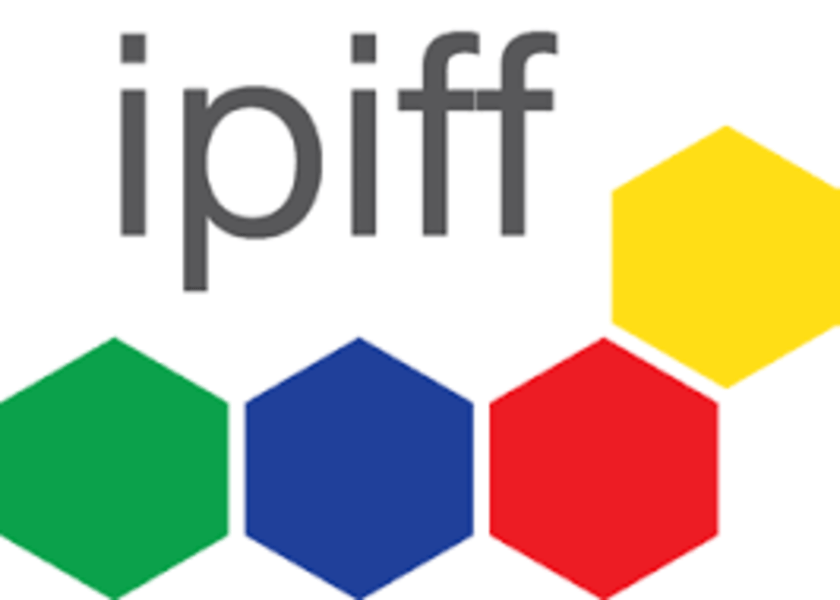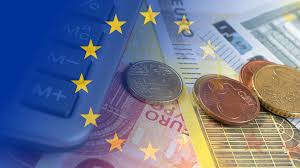The Danish Presidency is bringing to a discussion- Proteins for food and feed – supply, production and sustainability in the Agriculture and Fisheries Council on the 14th of July.
IPIFF welcomes this important initiative and calls for the acknowledgement of insects as part of an EU protein plan.
Achieving food sovereignty and self-sufficiency requires an EU Protein Plan that considers all viable sources of protein—beyond traditional plant materials—including alternative sources such as insects, algae, yeast and microbial proteins. While currently a minor component of the overall protein supply, these sources can more efficiently meet specific nutritional needs of various animal species, complementing plant-based proteins and enhancing the resilience of our food system.
Insect farming within the EU—conducted in controlled environments—reduces exposure to external risks and supports local production. Moreover, insect farming can contribute to biodiversity conservation by alleviating pressure on natural ecosystems, as it requires significantly less land, water, and feed compared to traditional livestock farming.
Insect-based products boast high protein content, ranging from 40% to 75%, and are rich in essential amino acids that facilitate nutrient absorption. They have demonstrated promising results in improving animal growth performance, making them a valuable alternative ingredient in aquaculture and livestock feeds.
Furthermore, insect-derived foods are nutrient-dense, offering a balanced profile of proteins, essential amino acids, fatty acids, and vitamins—making them suitable to meet human dietary requirements.
Key Takeaways
- Replacing a portion of traditional livestock and aquaculture proteins with sources like insect protein can significantly enhance food security by increasing the availability of food and feed products.
- Insects exhibit highly efficient feed-to-meat conversion rates, making them a valuable component of a resilient, sustainable EU food system.
- We call upon the EU and Member States to recognise the insect-producing sector as a vital contributor to a diversified protein strategy.
- We urge the EU MS to target insect farming of tailored support measures in the frame of the ongoing discussions to the CAP and CFP reforms.
- We request financial and policy-based support to scale up production and meet the increasing demand for animal and aquafeed ingredients.
- European Commission policy initiatives, including the ‘EU Bioeconomy Strategy,’ the ‘EU Life Sciences Strategy,’ and the ‘Scale-up and Start-up Strategy, when applied to the agrifood sector—by supporting innovative and sustainable protein sources such as insects—could enhance the EU’s agrifood resilience and sustainability. Additionally, they could foster social and economic development in rural and coastal regions across the EU by creating thousands of green jobs.
Read more here.

